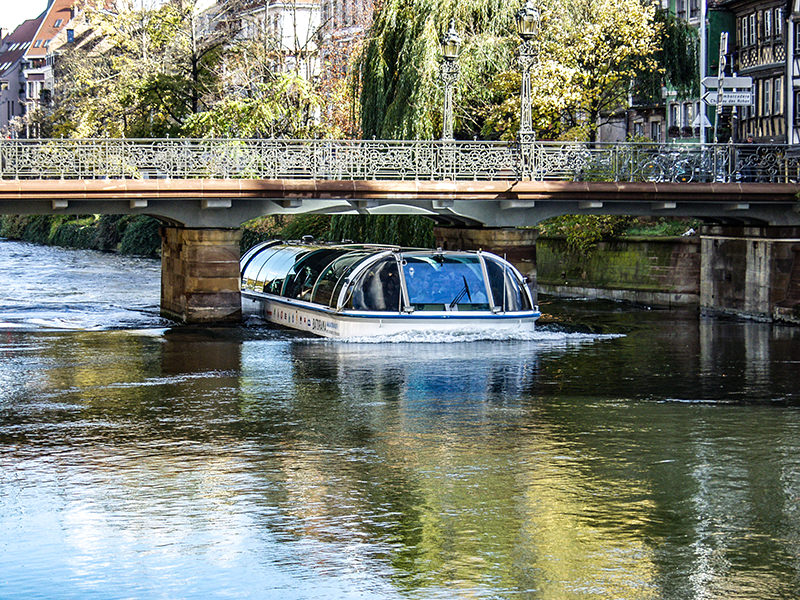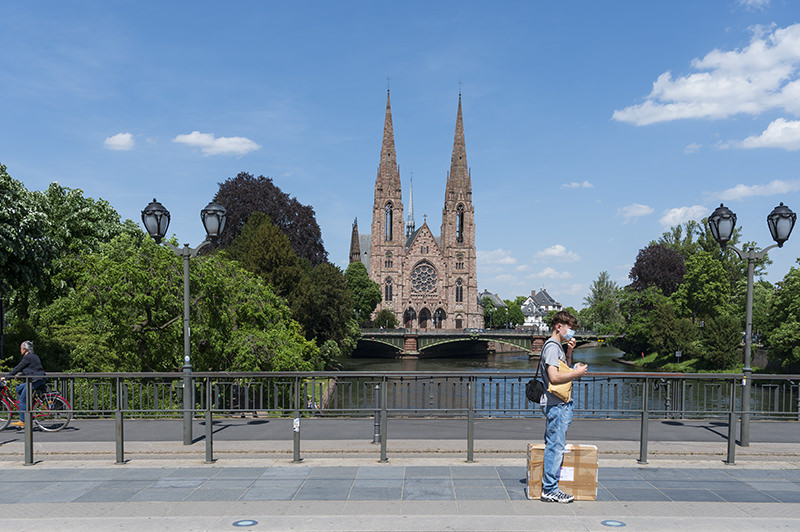
Strasbourg
City Tours
Produced by :  © 2022
© 2022


Produced by :  © 2022
© 2022
Strasbourg is one of the most unusual cities in France. A stone's throw from the German border, it is well remembered that the city belonged at one time to one state or another, depending on the outcome of several wars. Thus, the history of the city is always closely linked to that of the neighboring country, Germany. It is an eventful history that has left its own culture: and this is certainly one of the great assets of Strasbourg.

Strasbourg is the perfect overture to everything that makes Alsace so unique. Walking the fine line between France and Germany, between medieval past and progressive future, the city manages to span the arc in an inimitable way.
If you take your eyes off the fascinating Gothic cathedral for even a minute, it will lead you into the winding alleys of the old town with its leaning half-timbered houses, to cozy wine bars along the canals in the Petite France feast, and to marvel that this city so famous for Christmas markets and gingerbread is also home to the glass EU quarter and France's second-largest student community. But that's Strasbourg: the more beautiful its contradictions, the more perfect its cross-cultural idiosyncrasies.

Strasbourg is complicated the first time you visit. Especially if you are here by car. Strasbourg is very bike-friendly, which manifests itself in the massive reduction of the traffic space that can be used for (private and commercial) vehicles. The space gained is now available to public transport, cyclists and pedestrians. That's all very well meant. Unfortunately, not enough thought has been given to the disrespect and inconsideration of cyclists; traffic rules are non-existent for this category of people, red traffic lights are - perhaps - an incentive to look a little more closely, and as a pedestrian you feel as if you are surrounded by a swarm of insects. In the meantime, this development also disturbs locals with whom we spoke about it.
Visiting this city for a week is not enough. Especially if it is the first week. The city is complicated - at the beginning. But when the peculiarities are learned, and many beautiful corners have been visited, the week is over and what has been learned cannot be applied.
That means we come back, deepen what we were interested in and visit the places we did not "manage" in the first week.